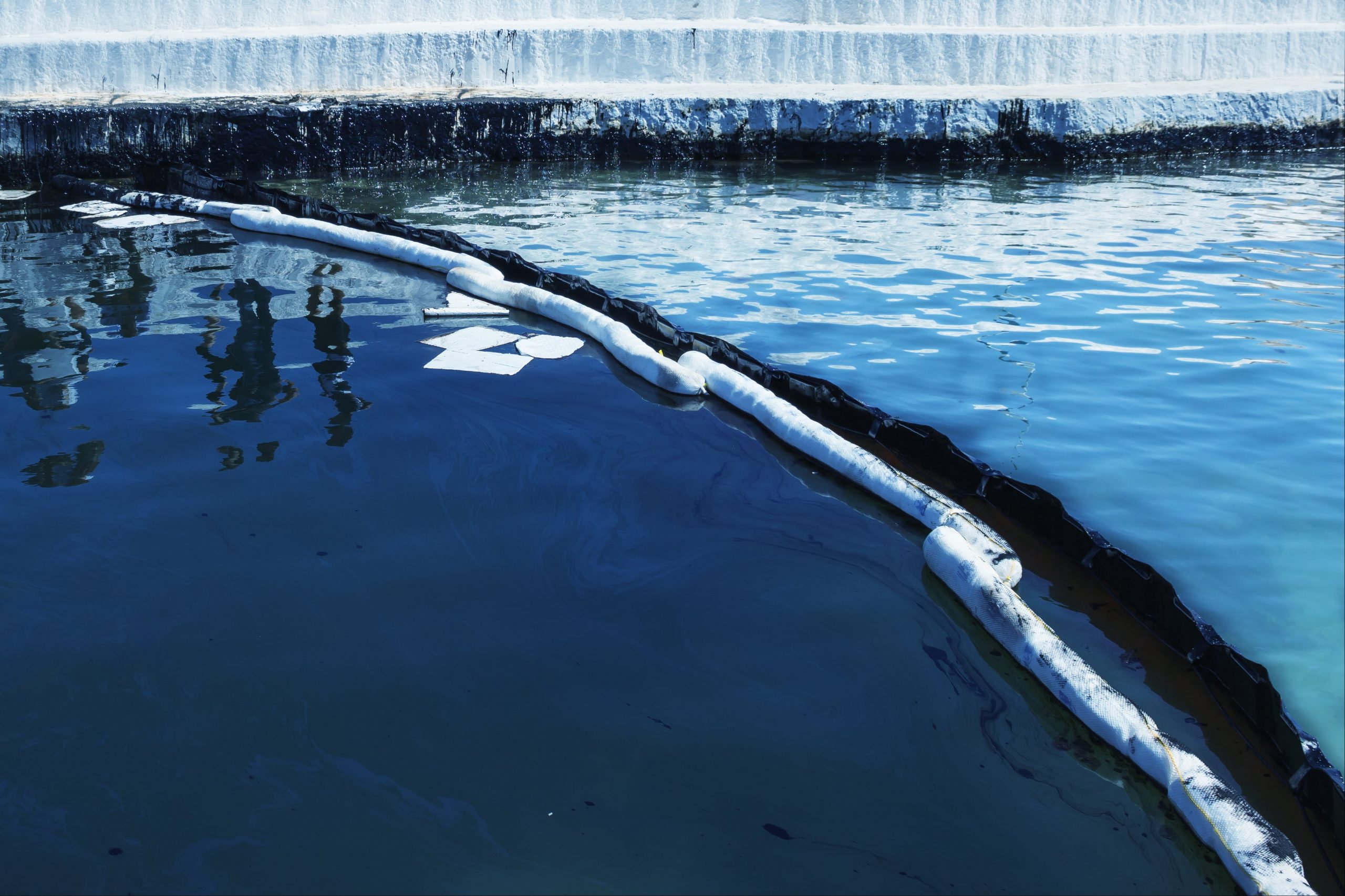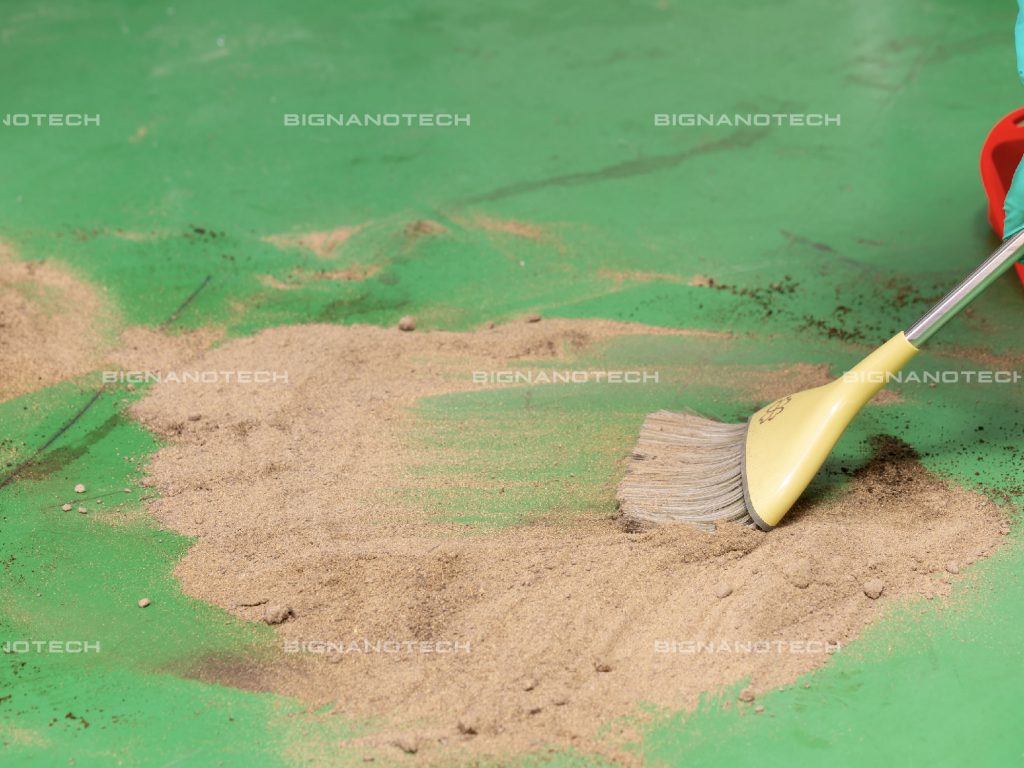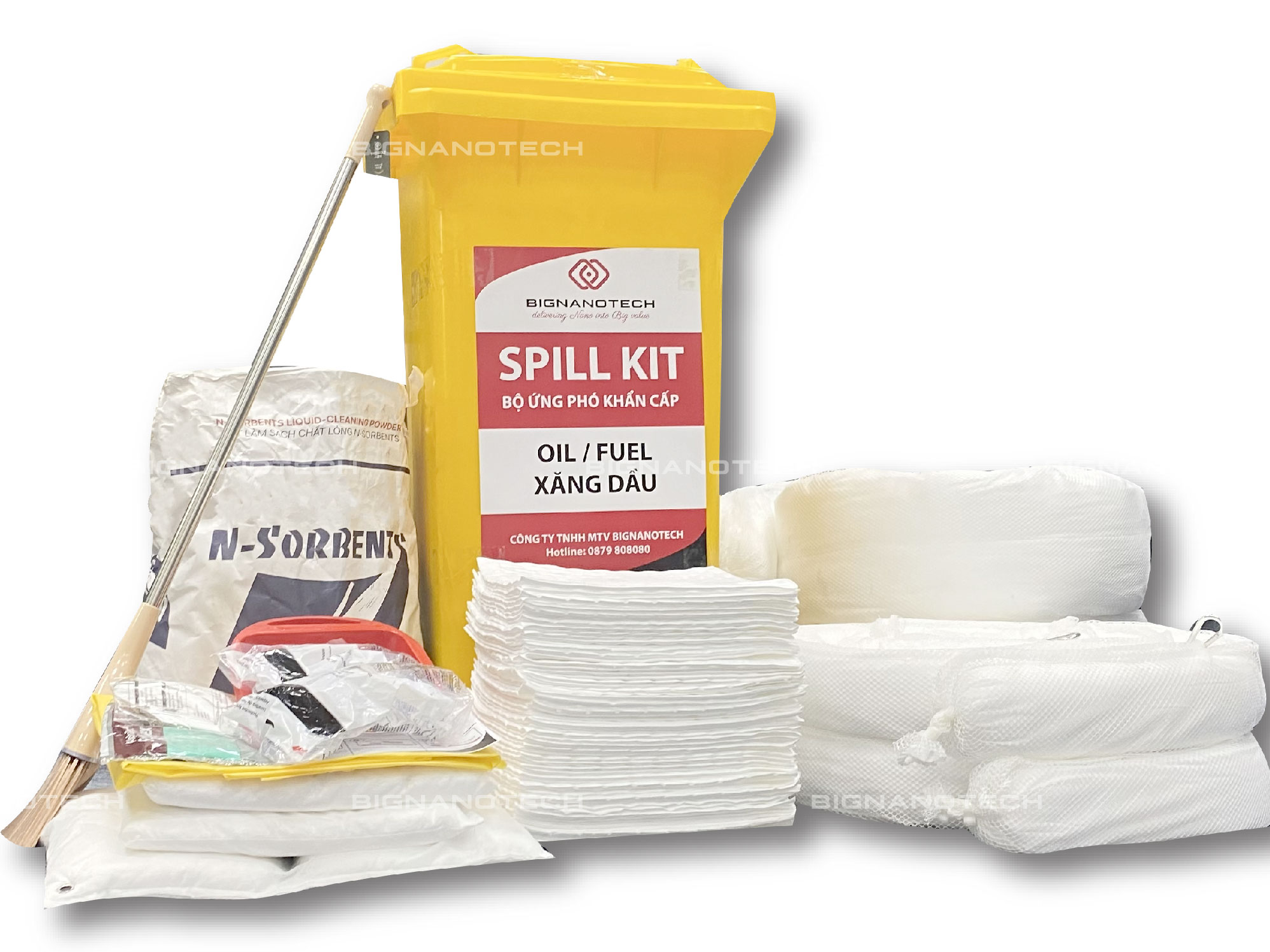
What is an oil spill? Basic steps to handle oil spills on water.
1. What is an Oil Spill?
An oil spill refers to an accident that occurs during the extraction, production, processing, or transportation of petroleum and petroleum-based products (such as pipeline leaks, ship accidents, rig incidents, etc.), leading to oil escaping into the environment, causing water pollution and adverse impacts on ecosystems. These incidents require swift and thorough response. An oil spill is typically defined as a release of several hundred liters or more of oil into the environment.
Oil spills in Vietnam
According to sources from the Ho Chi Minh City Department of Natural Resources and Environment, Vietnam records approximately 10 significant oil spills per year over the past 20 years. These incidents negatively affect the human environment and severely impact ecosystems. Therefore, addressing the consequences of oil spills is crucial for protecting our environment.

Negative effects of oil spills
Industrial oil spills can spread in different environments, posing serious threats to microorganisms in those areas, especially in water environments, where oil easily disperses and spreads. A concentrated oil spill can immediately cause mass fish deaths or poisoning. However, the long-term effects of oil spills on ecosystems can be even more severe and lasting.
Oil pollution contaminates organic matter in rivers, lakes, and seas, reducing food sources, and ultimately limiting the reproductive capacity of aquatic life and humans.
2. How to Handle an Oil Spill
Due to the physical properties of oil, it floats on the surface of water when spilled. The first step in addressing an oil spill is to isolate the spill area, followed by subsequent response steps.
Below are some common methods for dealing with oil spills on water:
- Using Oil Containment Booms: This method isolates the spill area to prevent oil from spreading further across the water’s surface.
- Using Oil Absorbent Products: Specialized products such as oil-absorbent pads, pillows, and polypropylene-based fibers can be used to absorb and recover oil from the water surface.
- Burning Oil on Site: As an emergency measure, burning oil at the spill site can be used. This must be done quickly to prevent oil from spreading further. However, this method can produce air pollutants and affect the ocean and marine life.
- Using Oil Dispersants: Natural water disturbances can disperse oil, but the process is slow. To speed up dispersion, chemical oil dispersants can be used. These chemicals are added to oil to facilitate dispersion and reduce formation.
- Using Basic Tools: In coastal areas, local communities can engage in oil spill clean-up using simple tools such as rakes, shovels, buckets, and vacuums. This method is suitable for small-scale oil spills.
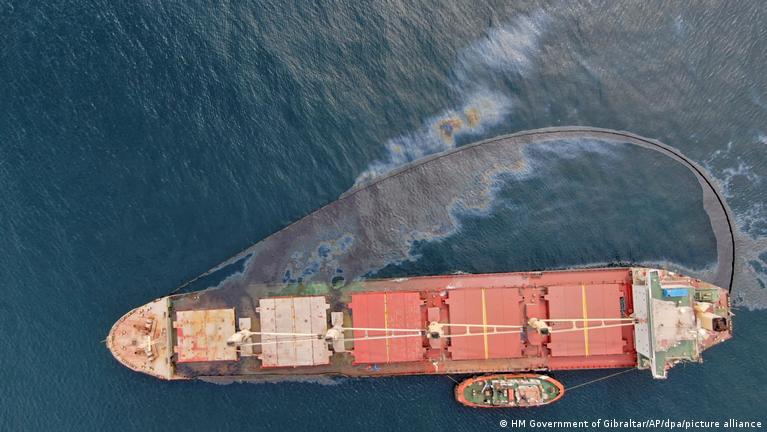
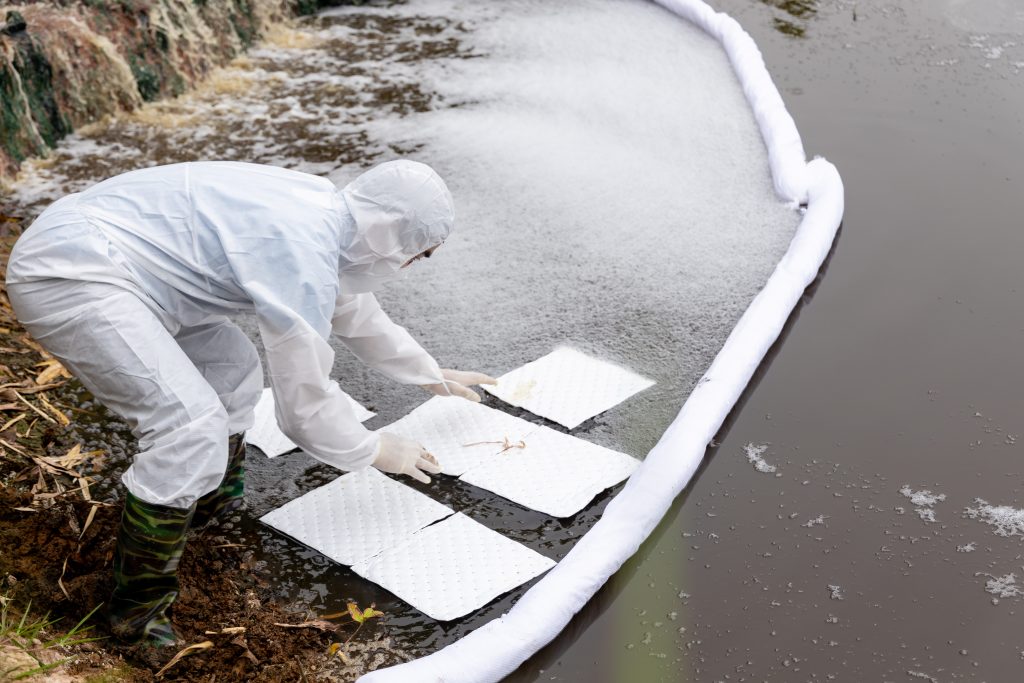


Containment is the most critical step in oil spill response. By isolating the affected area, further spreading is prevented, allowing for easier management and response. Oil containment booms not only contain the oil but also have high absorbency, allowing simultaneous containment and absorption, which can help to shrink the spill area. If the spill area is large, multiple booms can be connected to increase the containment radius.
Additionally, specialized products such as oil-absorbent pads, pillows, and fibers must be prepared in advance to ensure a quick response when oil spills occur. These products only absorb oil, not water, and can float on the water surface regardless of waves or wind, making them ideal for handling oil spills on water.
3. Where to Buy These Products?
BIGNANOTECH is a leading company specializing in the production and distribution of oil spill response products, including oil-absorbent booms, pads, pillows, fibers, and other products designed to tackle oil spills. The N-FIBER line from BIGNANOTECH is designed to contain, absorb oil efficiently, and be entirely water-resistant, providing effective response in emergencies.
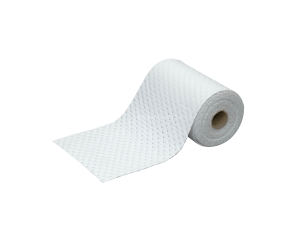


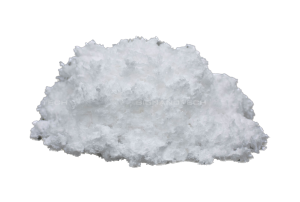
BIGNANOTECH is a pioneering Vietnamese company utilizing nanotechnology to produce industrial products. Being proactive in understanding and having such products on hand helps businesses and individuals respond effectively to industrial incidents.
For advice and solution proposals for industrial cleaning, please contact:
BIGNANOTECH Co., Ltd.
Hotline: (+84) 879 808 080 – (+84) 868 939 595
Email: sales@bignanotech.com

